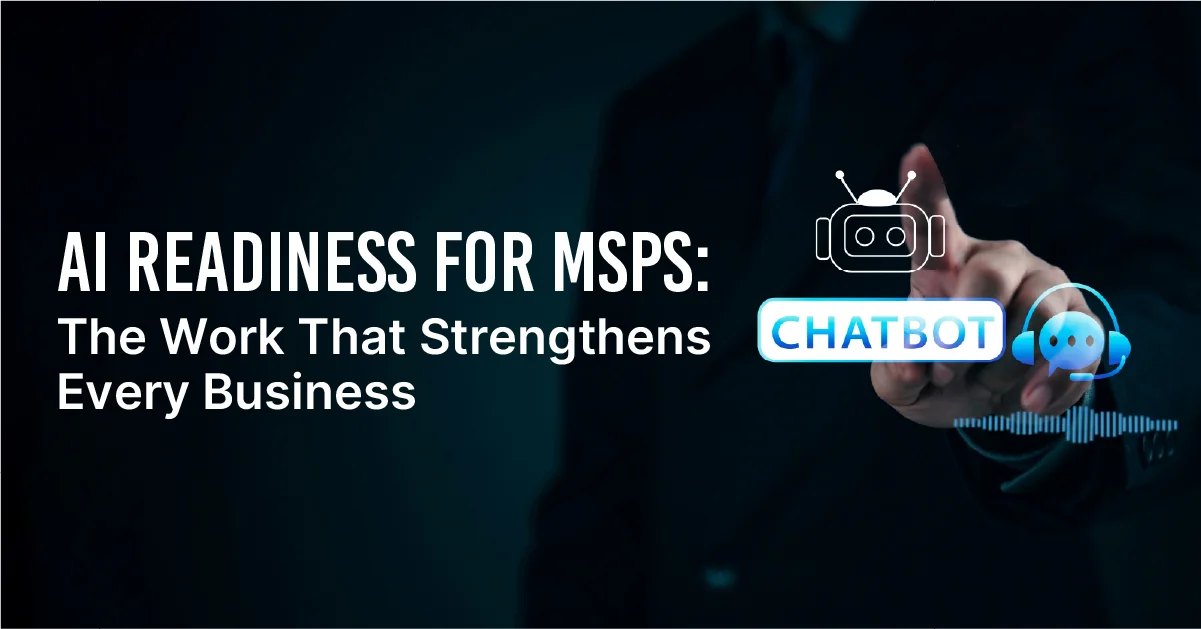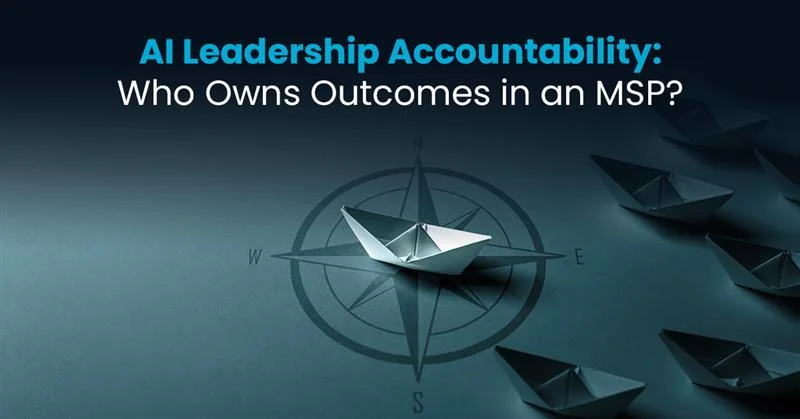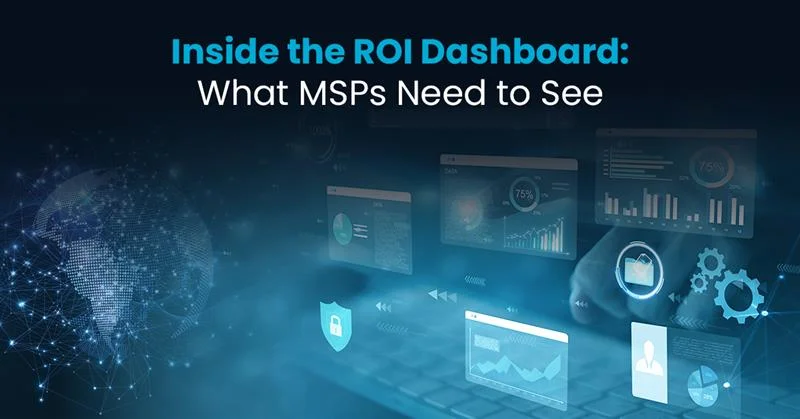AI has entered the MSP conversation with real weight. Leaders aren’t talking about tools. They’re talking about how AI changes the way their business operates and how it will influence their growth over the next few years.
Growth-minded MSPs can feel this shift…Clients ask more questions…Teams experiment faster than policies evolve…Service delivery moves toward automation whether leadership is ready or not.
AI readiness helps MSPs navigate all of this without losing stability or control. It gives leaders a way to organize the change instead of reacting to it. That clarity is becoming essential as MSPs shape their 2025 and 2026 roadmaps.
Why AI readiness for MSP matters now
The pace of AI adoption in the MSP industry is creating pressure across several parts of the business at once.
Clients expect guidance, and they expect it from someone they trust. Teams try new tools independently, which creates inconsistency if leaders don’t set direction. Vendors release AI features faster than MSPs can evaluate them. Margins demand efficiency, and AI often becomes the most realistic path to achieve it.
Readiness gives MSPs a plan to manage all of this with purpose. It reduces guesswork, improves alignment, and helps leaders stay ahead of what clients will need next
What readiness looks like (and why it matters)
When MSPs complete the AI readiness assessment, they review five areas that shape how well AI supports their business. Each pillar reflects patterns we see in growing MSPs.
1.Capacity: Can your team and infrastructure support AI?
This includes AI-trained engineers, dependable systems, and the ability to introduce automation without overwhelming the service desk.
One clear example: When a service desk uses intelligent triage for routing and prioritization, teams see fewer escalations and faster response times. It’s a small shift that improves the entire workflow.
2. Capability: Can you execute consistently?
Many MSPs try AI, but struggle to define workflows, measure ROI, or connect efforts to business goals.
Capability ensures AI doesn’t live in isolated experiments.
3. Clarity: Do leaders see the real impact of AI?
Without visibility, AI remains a collection of tasks rather than a contributor to margin or performance.
Clarity helps leaders guide AI strategy for MSPs with confidence.
4. Culture: Are your people aligned and supported?
Teams need context, communication, and encouragement as AI enters the workflow. When AI culture and adoption aligns, adoption becomes smoother and more consistent.
5. Compliance: Are policies and controls ready for AI?
AI introduces new expectations around data use, quality, accuracy, and governance. Strong policies protect trust; internally and with clients.
What readiness unlocks for MSPs
Leaders who invest in readiness see meaningful improvements across their business:
- Operations run with more consistency
- Engineering teams handle work with less friction
- Leadership gains clearer visibility into performance
- MSP automation and AI adoption create measurable improvements in margin
- Client conversations become more strategic
- Growth planning becomes grounded in real capability
Readiness isn’t about chasing trends. It’s about strengthening the business you already run.
A practical place to start
AI touches every part of an MSP, people, process, service delivery, operations, and governance. That scope can feel large, but the first step doesn’t need to be.
The MSP AI Readiness Assessment offers a simple, structured way to understand your current maturity and where to focus next. It highlights strengths, surfaces gaps, and helps leadership build a clear AI roadmap for MSPs.
MSPs often describe the experience the same way: They gain a clearer view of their business and a more confident approach to planning the next phase of growth.








